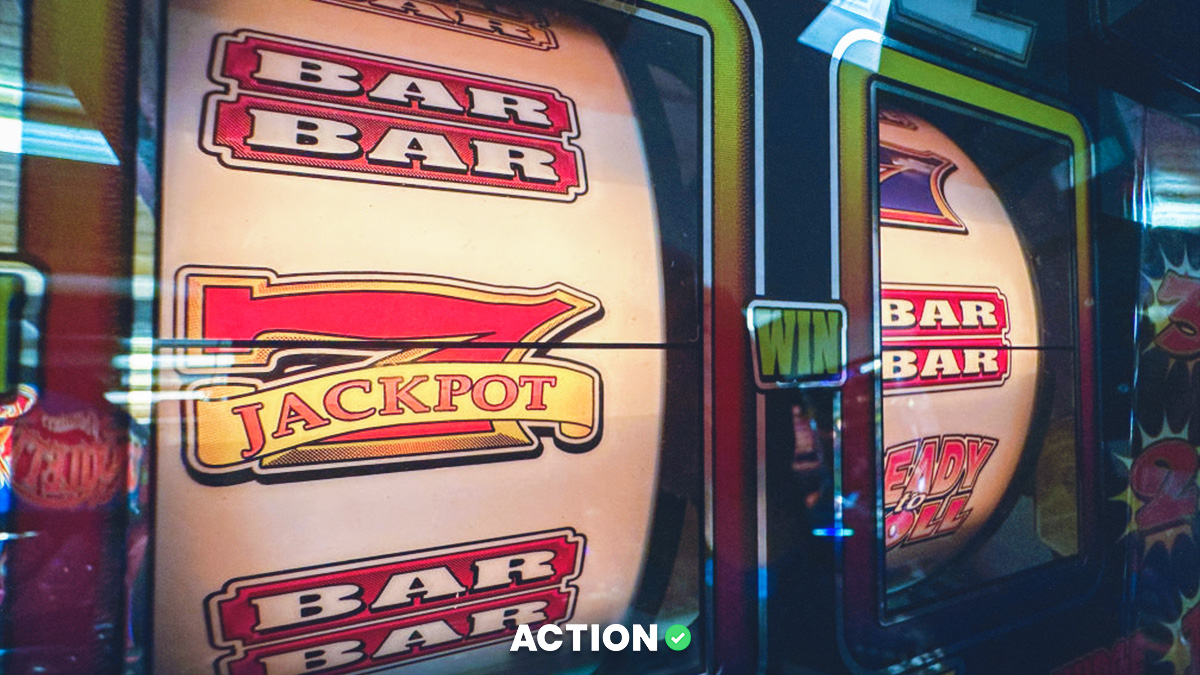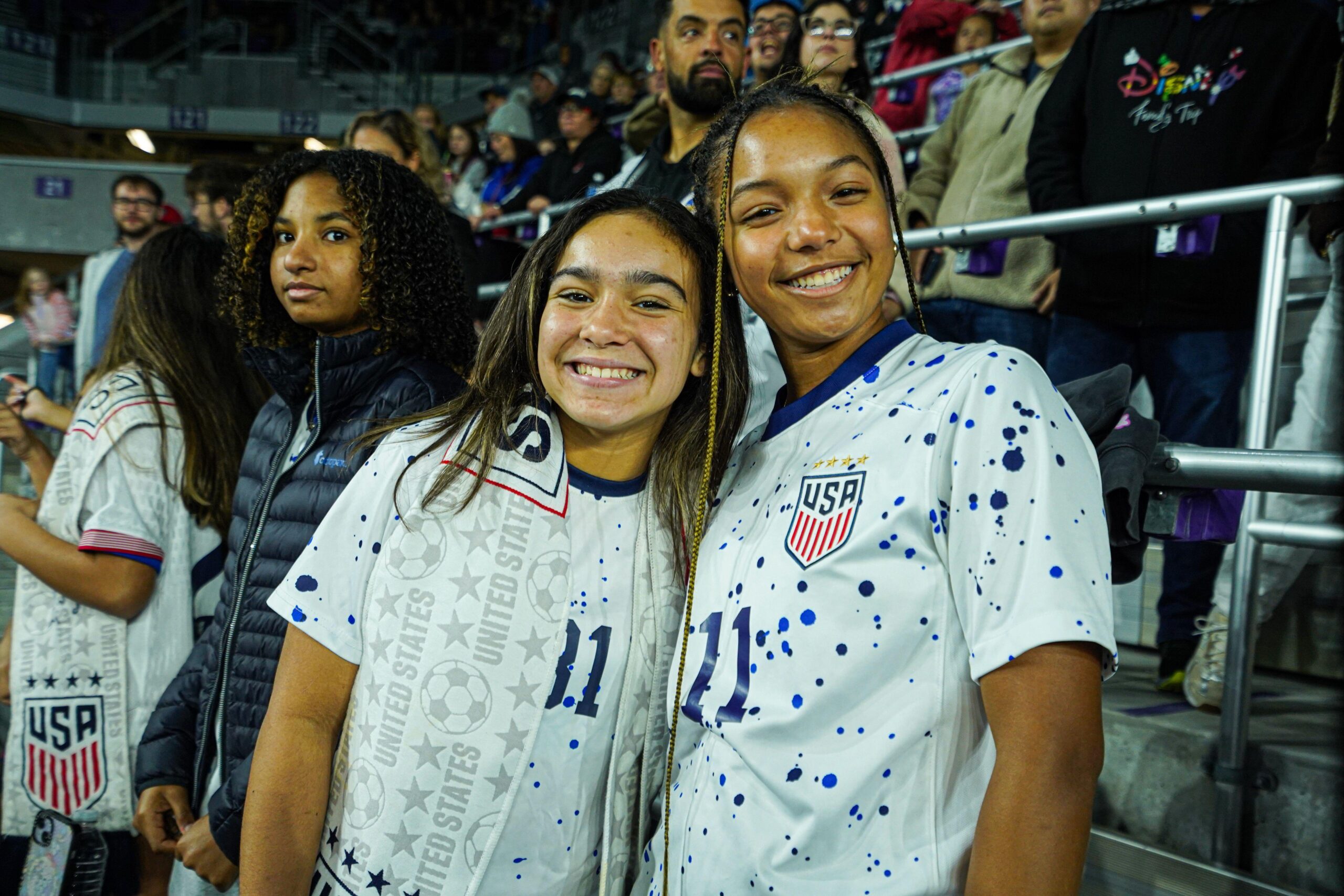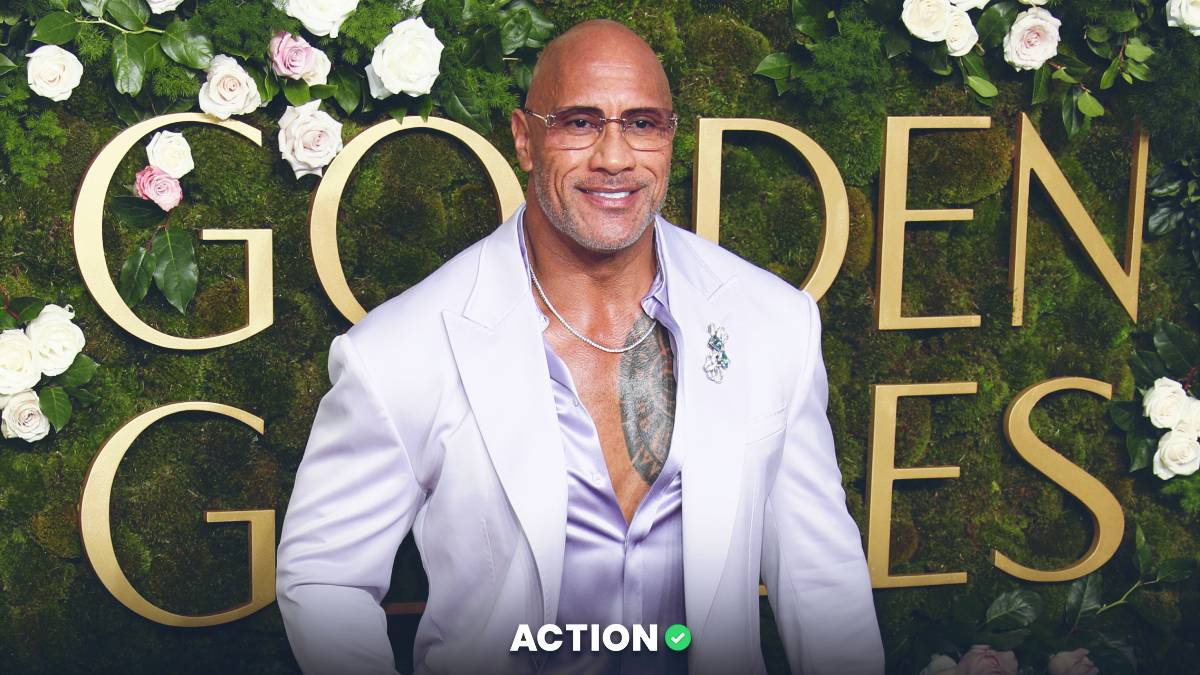Self-exclusion programs are meant to protect people from developing large gambling debts, but in this case, it led to a surprising outcome.
It started with a TikTok video from a woman named Kelley, who works as a casino massage therapist.
The video begins with Kelley revealing that she saw a man hit a $150,000 slot jackpot and the casino started the payout process by collecting his ID and checking his information.
However, they soon found out that the player had previously banned himself from that casino and all its related properties through a self-exclusion program. This program is designed to stop people with gambling addictions from entering casinos both in person and online.
Because of this ban, the player was considered to be trespassing and was not given his winnings.
Self-Exclusion Lists Designed to Protect Problem Gamblers
Self-exclusion, or self-banning, allows individuals to voluntarily ban themselves from participating in legalized gambling activities in casinos, online platforms, VGT establishments, or fantasy contests.
The program was established in 2001, initially to enable those with gambling problems to exclude themselves from all Atlantic City casinos. In 2013, it was expanded to include online gaming activities as well," explained Matthew J. Platkin, Attorney General for the New Jersey State Department, on the government's website.
Once you join the program, you aren't allowed to go into casinos, and one way they make sure you follow the rules is by not letting you collect any winnings.
First Self-Exclusion Program in Missouri
The Missouri Gaming Commission has given researchers access to a censored list of people in the Missouri Voluntary Exclusion Program (MVEP). This helps researchers see if the program really helps people change their gambling habits over time.
The MVEP was the first self-exclusion program in the U.S. when it began in 1996. Now, 34 states require it.
Self-Exclusion Options in the US
Here is a list of some of the states that offer self-exclusion programs. They include:
State-Run Self-Exclusion Programs
- Arizona self-exclusion
- California self-exclusion
- Colorado self-exclusion
- Connecticut self-exclusion
- Delaware self-exclusion
- Florida self-exclusion
- Illinois self-exclusion
- Indiana self-exclusion
- Iowa self-exclusion
- Kansas self-exclusion
- Louisiana self-exclusion
- Maine self-exclusion
- Maryland self-exclusion
- Massachusetts self-exclusion
- Michigan self-exclusion
- Mississippi self-exclusion
- Missouri self-exclusion
- New Jersey self-exclusion
- New Mexico self-exclusion
- New York self-exclusion
- Ohio self-exclusion
- Oklahoma self-exclusion
- Pennsylvania self-exclusion
- Rhode Island self-exclusion
- Virginia self-exclusion
- Washington State self-exclusion
- Washington D.C. self-exclusion
- West Virginia self-exclusion
Self-Exclusion Programs From Sportsbooks and Online Casinos
Sports betting operators also allow problem gamblers the chance to ban themselves from using apps. Here’s a list of some of them that have self-exclusion programs in place.
- DraftKings self-exclusion
- FanDuel self-exclusion
- BetMGM self-exclusion
- Caesars self-exclusion
- Bet365 self-exclusion
- PointsBet self-exclusion
TikTok Video Shines Light on Self-Exclusion
Kelley made sure to clarify the situation in the comments of her TikTok video. She did this for anyone who thought the casino should have paid. Kelley stated, "He signed documents banning himself from the property, agreeing that any winnings would be forfeited. Had he not done so, he would have undoubtedly gotten paid."
Casinos adhere to a strict set of rules that are enforced regardless of the stakes involved. Whether dealing with unpaid debts, legal issues, or voluntary bans, these regulations are in place to ensure accountability.
While it may seem harsh for the $150,000 jackpot winner to leave with nothing, it serves as a clear reminder that gambling entails more than just luck and self-exclusion programs can be effective.



















































